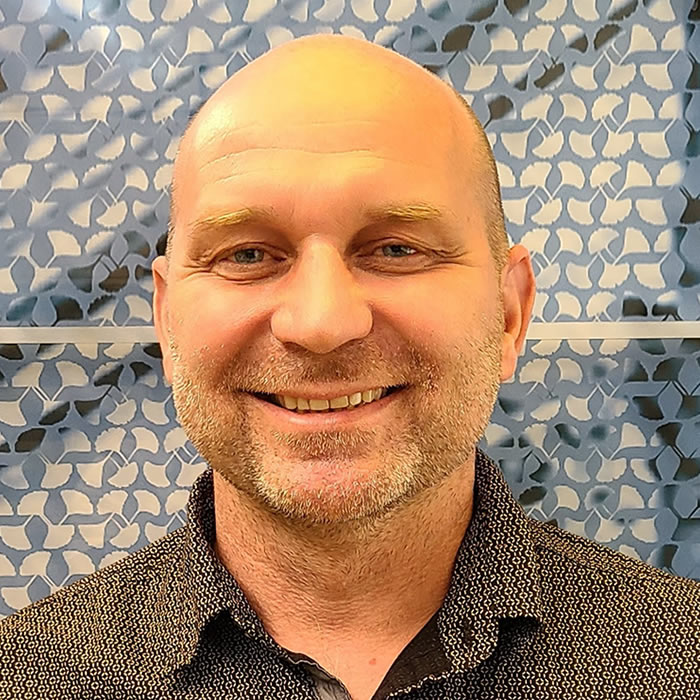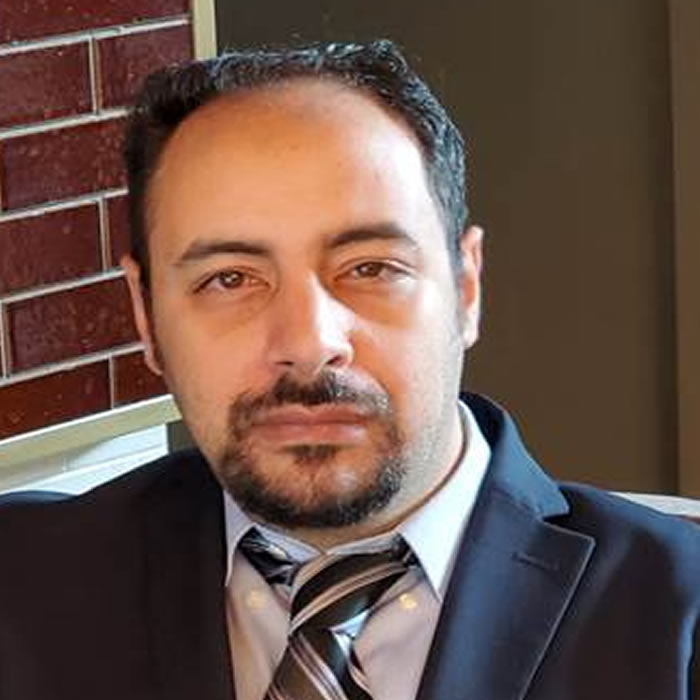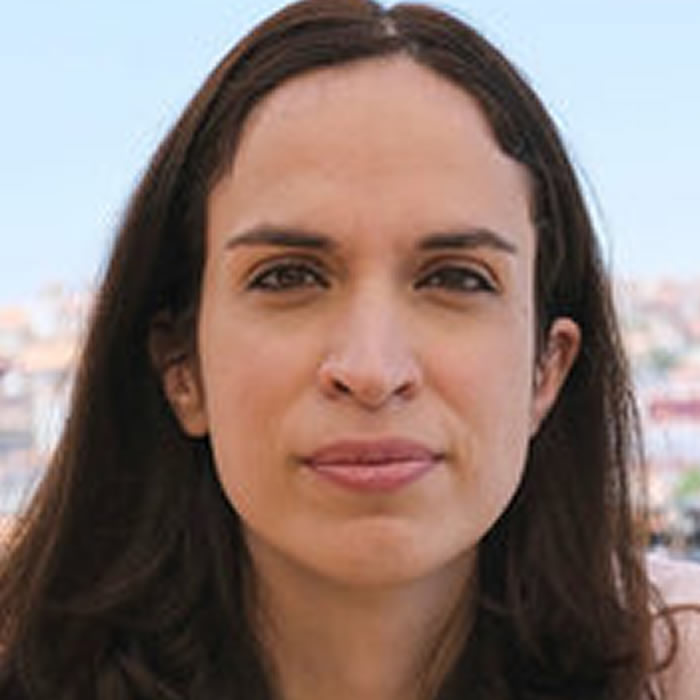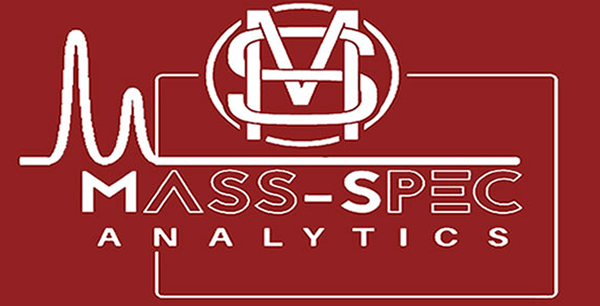Meet our team


Miloslav.Sanda@mpi-bn.mpg.de
Miloslav Sanda
Miloslav has a BSc in Clinical and Toxicological Analysis and a MSc in Analytical Chemistry from Charles University in Prague, Czech Republic. He earned his Ph.D. in Biochemistry from the University of Chemistry and Technology in Prague, Czech Republic. He worked full time as a Mass Spectrometry Specialist at the Czech Agricultural and Food Inspection Authority (CAFIA).In 2004, he started working at the Institute of Organic Chemistry and Biochemistry of the Czech Academy of Sciences. He established and led the proteomics subgroup of the mass spectrometry team. In 2011, he moved to the USA for a post-doctoral position at Georgetown University. His primary focus was on utilizing mass spectrometry analyses to tackle glycosylation changes related to liver and prostate cancer. In a few years, he was raised in academic ranks to an associate professor and Director of the analytical branch of Clinical and Translational Glycoscience Research Center at Georgetown University.In early January of 2022, Miloslav joined the Bioanalytical mass spectrometry team as a team leader. His current focus is on single-cell proteomic applications, structural resolution of isobaric glycopeptide compounds, glycosylation changes in disease progression, and the influence of the glycan structure on proteolytic cleavage. Also, he is interested in expounding the PTM analysis in the limited amount of material using DDA and DIA approaches.

myassagi@gmu.edu
Michael Girgis
Michael holds a BSc in pharmaceutical Sciences and clinical pharmacy from Helwan University in Egypt. He worked as a patent examiner in the pharmaceutical/biotech field for a few years and moved to the US for postgraduate studies. He earned his Master’s degree and Ph.D. in Chemistry and Biochemistry from George Mason University, USA in 2016.
In 2017, he joined Georgetown University Medical Center (GUMC) in Washington DC. His primary focus was on utilizing liquid chromatography mass spectrometry analyses to tackle sophisticated scientific questions. In a few years, he developed chemical derivatization techniques to target, detect, and accurately quantify small molecules. Furthermore, he led the effort to establish and optimize the untargeted metabolomics/lipidomics platforms at the shared core facility.
Currently, at George Mason University, Michael holds the position of Assistant Professor in the Bioengineering Department at the Center for Molecular Engineering (CME). His responsibilities include managing and mentoring scientists and research associates, especially in structural elucidation for metabolomics, lipidomic, and proteomics. His expertise in mass spectrometry is particularly valuable in supporting major targeted analysis for small molecules.

Diana.Campos@mpi-bn.mpg.de
Diana Campos
Diana Campos (DC) has a BSc in Biochemistry, a MSc in Molecular Oncology from the University of Porto, Portugal. During her MSc, she started to develop research interests in glycoproteomics and cancer.She was awarded an international PhD fellowship to conduct her research in Copenhagen Center for Glycomics (University of Copenhagen) in collaboration with University of Porto. Diana benefited from her two collaborative institutions and supervisors, Prof. Henrik Clausen and Prof. Celso A. Reis, leading scientists on glycosylation and cancer research fields. She obtained a Ph.D. degree in Biomedicine in 2015. In the same year she was awarded a Postdoctoral Fellowship in Radoslav Goldman’s team at Lombardi Cancer Centre, Georgetown University, USA, where she worked on novel analytical methods for biomarker discovery.In 2016, Diana joined the Glycobiology in Cancer group at I3S, University of Porto, where she participated in several projects as a Researcher aiming to identify new cancer therapies based on glycan-specific drugs and antibodies.Diana joined our group as a Postdoc in February 2022 where she is involved in service support and in establishing new projects. She will pursue her interest in glycosylation changes and disease progression. In addition, she will focus on implementing new methods for single cell proteomics.
